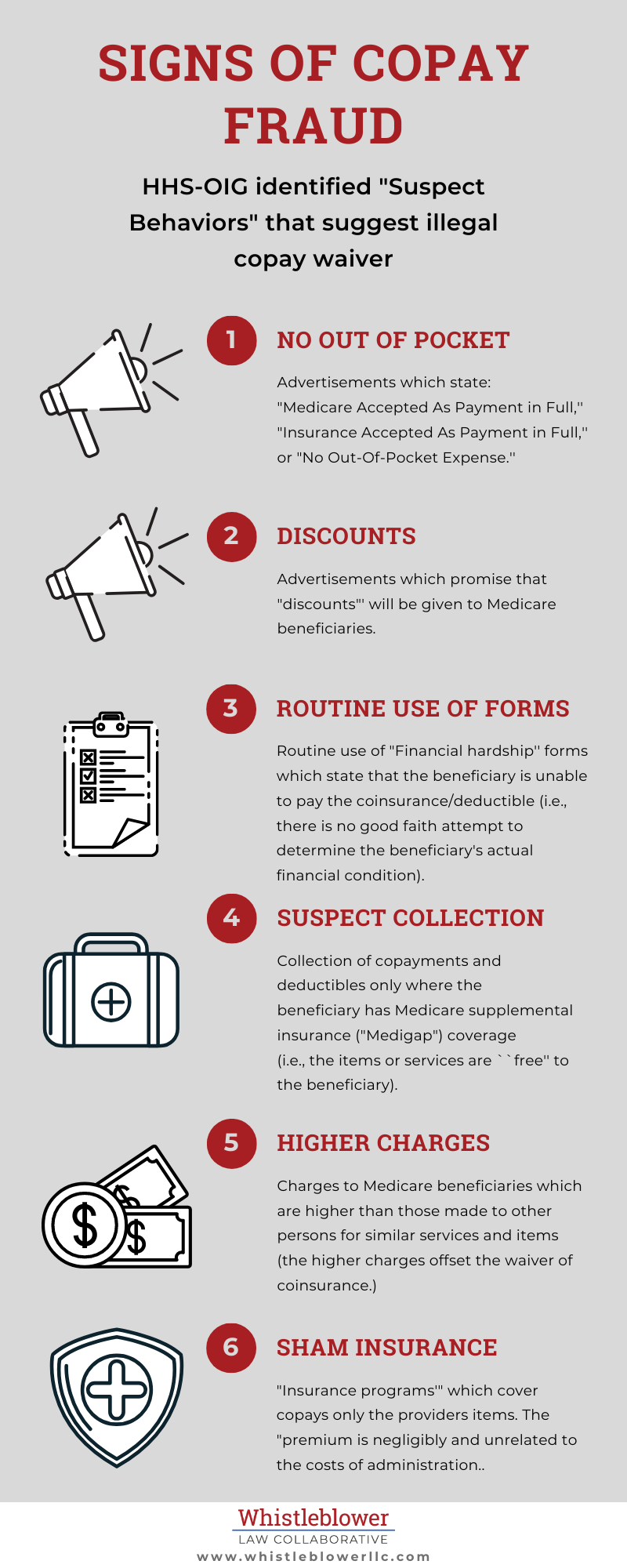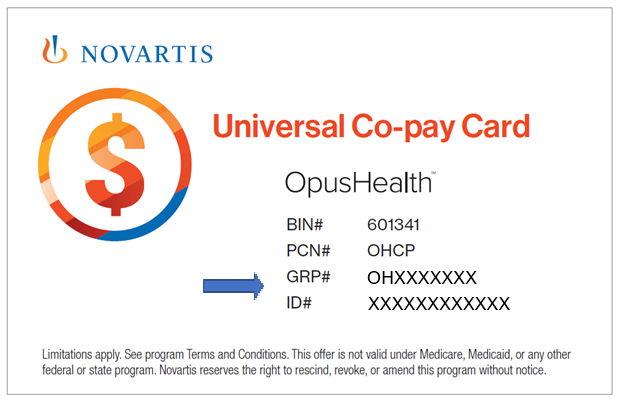

In the event that a member disagrees with a coverage determination, member may be eligible for the right to an internal appeal and/or an independent external appeal in accordance with applicable federal or state law. Medical necessity determinations in connection with coverage decisions are made on a case-by-case basis.

Please note also that the ABA Medical Necessity Guide may be updated and are, therefore, subject to change. Some plans exclude coverage for services or supplies that Aetna considers medically necessary. The member's benefit plan determines coverage. The conclusion that a particular service or supply is medically necessary does not constitute a representation or warranty that this service or supply is covered (i.e., will be paid for by Aetna) for a particular member. Members and their providers will need to consult the member's benefit plan to determine if there are any exclusions or other benefit limitations applicable to this service or supply. Members should discuss any matters related to their coverage or condition with their treating provider.Įach benefit plan defines which services are covered, which are excluded, and which are subject to dollar caps or other limits. Treating providers are solely responsible for medical advice and treatment of members. The ABA Medical Necessity Guide does not constitute medical advice.

The Applied Behavior Analysis (ABA) Medical Necessity Guide helps determine appropriate (medically necessary) levels and types of care for patients in need of evaluation and treatment for behavioral health conditions. Also be sure to think over your drug coverage options when deciding whether or not to delay Medicare enrollment.By clicking on “I Accept”, I acknowledge and accept that: Remember that you can keep your VA health benefits to get coverage for health care services and items not covered by Medicare, such as over-the-counter medications, annual physical exams, and hearing aids. Also, you may qualify for programs to help pay the Part B premium and Medicare cost-sharing. Enrolling in Part B provides you with the flexibility of getting health care outside the VA system. If you decide to enroll in Part B, you should do so during your Initial Enrollment Period (IEP). You will not be eligible for the Part B Special Enrollment Period (SEP) if you delay Medicare enrollment. If you want to enroll in Medicare in the future, you may face penalties and would likely have to wait to enroll during the General Enrollment Period (GEP). Some choose to enroll in Medicare Part A because it’s premium-free but turn down Part B because of the additional monthly premium. If you chose not to enroll in Medicare and to keep your VA coverage, you will not have health insurance for facilities outside the VA health system. Note: If the VA authorizes services in a non-VA hospital, but does not pay for all the services you get during your hospital stay, Medicare may pay for Medicare-covered services the VA does not pay for. VA benefits will not pay for Medicare cost-sharing (deductibles, copayments, coinsurances).In order for Medicare to cover your care, you must receive care at a Medicare-certified facility that works with your Medicare coverage.In order for your VA coverage to cover your care, you must generally receive health care services at a VA facility.Medicare does not pay for any care that you receive at a VA facility. You can have both Medicare and Veterans Affairs (VA) benefits, but Medicare and VA benefits do not work together.


 0 kommentar(er)
0 kommentar(er)
